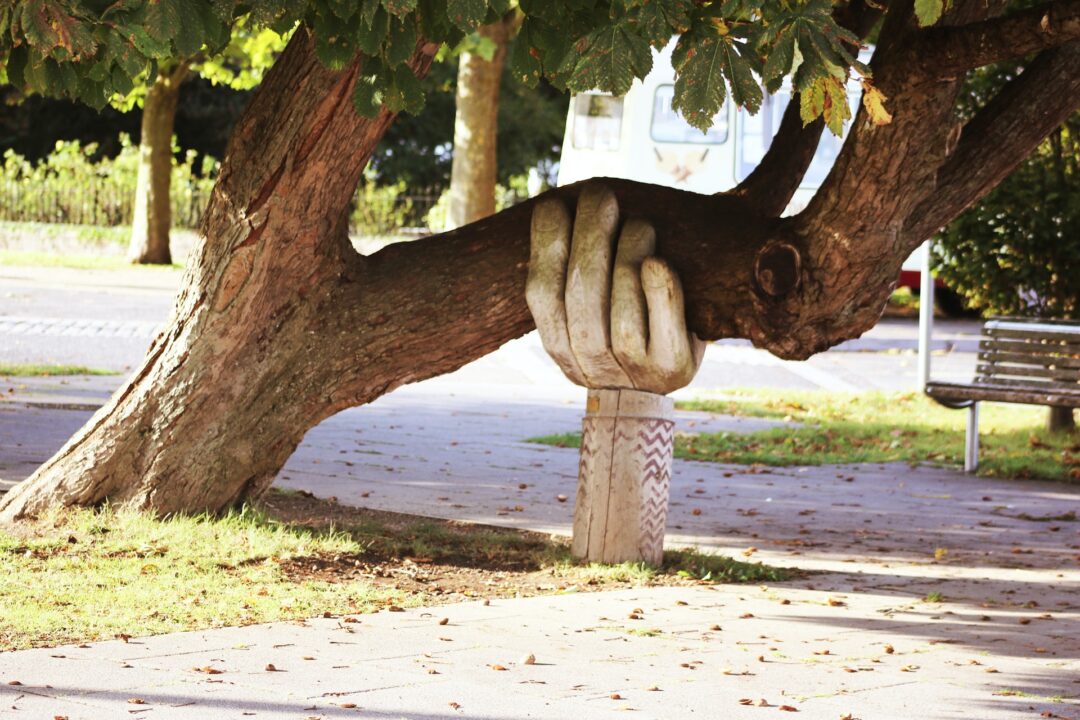General
Support System and Resources Guideline to Survivors

Last Updated on October 16, 2025 by Joshua Isibor
Child sexual abuse is a traumatic experience that can have profound and lasting impacts on survivors. While healing is a deeply personal journey, it is essential for survivors to know they are not alone. There is a network of resources, helplines, and organizations dedicated to providing support, guidance, and safe spaces to survivors as they navigate their path to recovery. In this article, we will explore the vital support systems available, offering a guide to finding and accessing these valuable resources.
Introduction to Support Systems
Survivors of child sexual abuse often face isolation, shame, and fear, making it crucial to connect with support systems that can provide understanding and assistance. These support systems can encompass various resources, including therapy, support groups, helplines, and advocacy organizations. They are designed to empower survivors and help them regain control of their lives.
Therapists and Counselors
One of the most effective ways to start the healing process is by seeking professional therapy. Trained therapists and counselors specialize in trauma recovery and can offer a safe and confidential space for survivors to express their feelings and experiences. Therapeutic approaches like cognitive-behavioral therapy (CBT) and Eye Movement Desensitization and Reprocessing (EMDR) have been shown to be particularly helpful for survivors of child sexual abuse.
Support Groups
Support groups provide survivors with the opportunity to connect with others who have experienced similar traumas. Sharing stories and coping strategies in a group setting can be incredibly validating and comforting. Many support groups are available both in-person and online, offering flexibility to survivors in accessing these vital resources.
Nonprofit Organizations Dedicated to Survivor Support
If you’re wondering what is a nonprofit, it is an organization dedicated to serving the public good or advancing a specific mission without pursuing profits for its members or owners. These organizations play a vital role in supporting survivors of child sexual abuse. Through therapy programs, empowerment workshops, and community outreach initiatives, nonprofits provide survivors with a safe and nurturing environment to heal and rebuild their lives.
Additionally, these organizations work tirelessly to raise awareness about child sexual abuse, reducing stigma and promoting understanding. By connecting with such nonprofits, survivors can access a network of compassionate individuals who are dedicated to their well-being and growth on their journey to recovery.
Books and Literature
Reading can be a powerful form of self-help and empowerment for survivors. There are many books and literature written by survivors or mental health professionals that provide insights, guidance, and validation for survivors on their journey to healing.
Self-Care and Coping Strategies
In addition to seeking external support, survivors can explore self-care practices and coping strategies that resonate with them. This may include mindfulness, meditation, creative arts therapy, or physical activities like yoga. These practices can help survivors manage their emotional well-being and build resilience.
The Benefits of ESAs
Emotional Support Animals (ESAs) can offer significant benefits to sexual abuse survivors. These animals provide unconditional love, companionship, and a sense of security, helping survivors cope with anxiety, depression, and PTSD symptoms. The presence of an ESA can promote emotional healing, reduce stress, and encourage survivors to engage in self-care activities, contributing to their overall well-being and recovery.
The Role of Loved Ones in the Healing Process
Beyond professional help and support organizations, the role of loved ones cannot be overstated in the healing journey of survivors. Friends and family members can play a crucial role in providing a safe and empathetic environment for survivors to share their experiences and feelings. Listening without judgment, offering emotional support, and encouraging survivors to seek professional help when needed are vital contributions loved ones can make. The unconditional love and understanding from close relationships can help survivors feel validated and less isolated, ultimately fostering a sense of empowerment and resilience on the path to recovery.
Conclusion
Child sexual abuse is a deeply traumatic experience, but survivors are not alone in their journey towards healing. A wide range of support systems exists, offering therapeutic guidance, emotional support, advocacy, and educational resources. Whether seeking help from therapists, joining support groups, or reaching out to helplines and organizations, survivors have access to a network of caring individuals and professionals who are dedicated to helping them reclaim their lives. Remember, healing is a journey, and survivors should feel empowered to explore the resources that best suit their unique needs and circumstances. There is hope, support, and a path towards recovery for every survivor.
ALSO, READ 6 Reasons why family and friends don’t support you
Originally posted 2023-09-25 08:44:57.

-

 Text Messages2 years ago
Text Messages2 years agoBEST LOVE CONFESSION MESSAGES FOR HER OR HIM
-

 Health4 months ago
Health4 months ago5 Unknown Ways To Maintain Skin Health
-

 Sex Education2 months ago
Sex Education2 months ago10 Simple Hack to Make a Girl Send Her Nudes
-

 Text Messages2 years ago
Text Messages2 years agoHappy Birthday Cousin, wishes and messages
-

 Text Messages2 years ago
Text Messages2 years agoHeart Touching RIP Uncle Quotes
-

 Uncategorized3 months ago
Uncategorized3 months agoHOW TO KISS A BOY FOR THE FIRST TIME
-

 Text Messages2 years ago
Text Messages2 years agoFreaky and Dirty Paragraphs For Him Copy And Paste Yahoo
-

 Text Messages2 years ago
Text Messages2 years agoBest Good Luck Wishes Before and After Surgery, for Family and Friends













